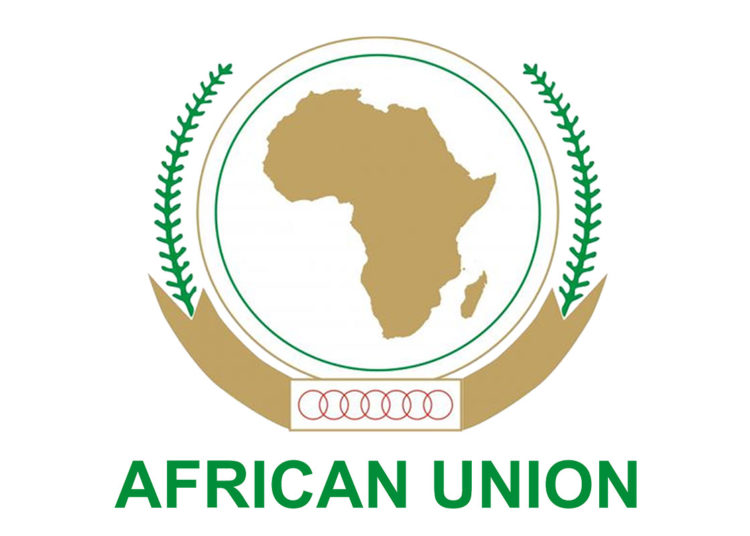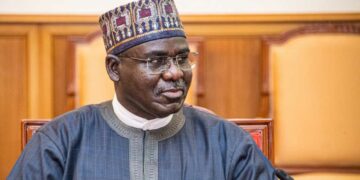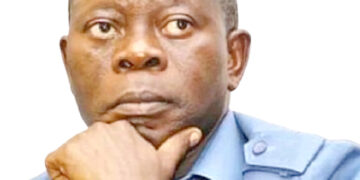Stakeholders consisting experts from the African Union(AU), Economic Community of West African States(ECOWAS) and the federal government, yesterday came together to develop a work plan for the implementation of phase two of the regional fisheries and aquaculture project.
The project, “Fisheries Gov2” will particularly close over 2.4 million metric tonnes fish demand deficit in Nigeria as stakeholders at a dialogue in Abuja are currently brainstorming and reviewing the progress made at the project phase 1 for a sustainable fisheries sector in Africa.
Director, department of fisheries and aquaculture, ministry of agriculture and rural development, Dr Ime Umoh said Nigeria presently produce 1.2 million metric tonnes of fish out of 3.6 million tonnes the country needs to meet the demand.
To close this gap, Umoh added that 2.6 million metric of frozen fish importation is being used to supplement the deficit.
Umoh said, “Nigeria is very large country and we need about 3.6 million metric tonnes per annum but we are only able to produce 1.2 million metric tonnes between artisanal, industrial and aquaculture and the deficit is being supplemented by frozen fish importation.
So frozen fish importation is being used to bridge the gap not actually that we are going to have 2.5 million metric tonnes into the country but we have a situation to just supplement this with frozen fish importation to be able to have a leeway for the farmers”.
In his welcome address, director African Union – Interafrican Bureau for Animal Resources (AU-IBAR), Dr Nick Nwankpa said, the project would leverage on their mandates to promote regional cooperation on issues of fisheries and aquaculture to gain political commitments and facilitate the implementation of activities.
In the same vein, the head of agriculture and food security division of ECOWAS commission in Abuja, Ernest Aubee, said fisheries sector was very strategic and ECOWAS has been able to put in place a regional fisheries strategy so that all the 15 members states can develop their fisheries sector in a coordinate manner.
Also speaking at the event, senior Comprehensive African Agricultural Development Programme (CAADP) of the African Union Commission, Panduleni Elago said Africa need to ensure support particularly the the small scale farmers so that they are able to produce for not only their household but also for the neighbours.





